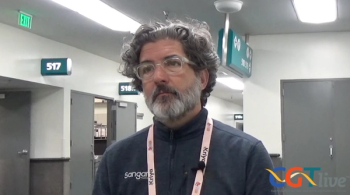
The chief scientific officer of Sangamo Therapeutics discussed data from 2 of the company’s programs that were presented at ASGCT’s 2023 conference.

The chief scientific officer of Sangamo Therapeutics discussed data from 2 of the company’s programs that were presented at ASGCT’s 2023 conference.
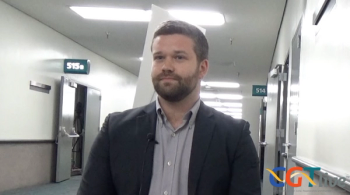
The senior scientist at Eterna Therapeutics discussed the company’s numerous presentations at ASGCT’s 2023 conference.
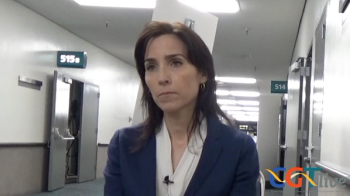
The vice president of research at Prime Medicine discussed a preclinical study on a novel autologous HSCT treatment that was presented at ASGCT’s 2023 annual meeting.
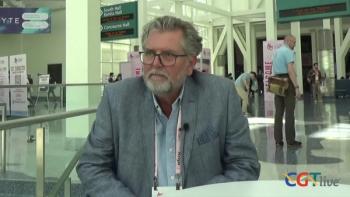
The professor at Ohio State University and University of California – San Francisco discussed updated data from a phase 1 study of GDNF gene therapy in patients with PD.
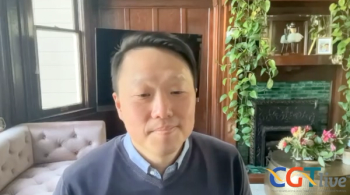
The cofounder and chief scientific officer of Xcell Biosciences discussed the company’s efforts to introduce new technologies for improving cell therapy development and manufacturing.
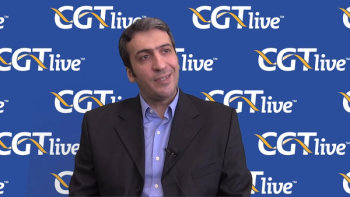
The assistant professor of stem cell transplantation at MD Anderson Cancer Center discussed positive data in ccRCC that he believes should excite the solid tumor field as a whole.
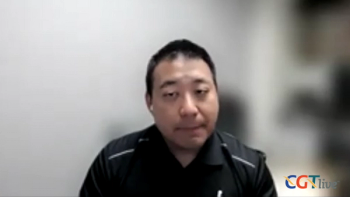
The director of therapeutic genome engineering, St. Jude Children’s Research Hospital discussed recent research published in Nature Biomedical Engineering.
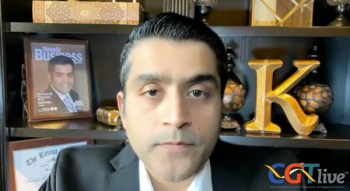
The director of clinical research at Sierra Eye Associates discussed 4D Molecular Therapeutics’ plans for 4D-150 in both wet AMD and diabetic macular edema.
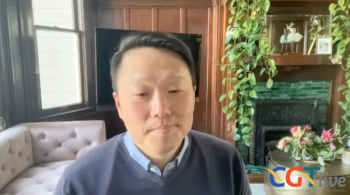
The cofounder and chief scientific officer of Xcell Biosciences discussed the company’s manufacturing-focused approach to overcoming the challenges of the solid tumor microenvironment.
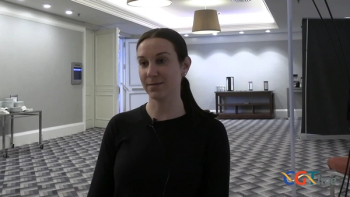
The cell therapy field applications staff scientist at ThermoFisher discussed advantages of the company’s DynaCellect system.
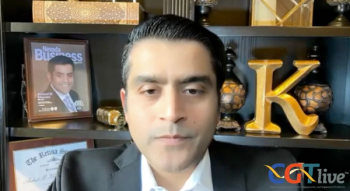
The director of clinical research at Sierra Eye Associates discussed the latest results from a clinical trial evaluating 4D Molecular Therapeutics’ gene therapy, 4D-150, that were presented at ARVO’s 2023 conference.
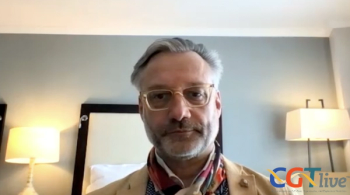
The head of the Department of Ophthalmology at the Center for Medical Genetics at Ghent University Hospital discussed the need to reevaluate requirements for regulatory approval for ophthalmology gene therapies.
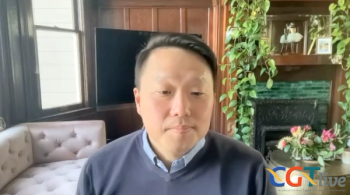
The cofounder and chief scientific officer of Xcell Biosciences discussed the company’s research with a newly developed assay method that was presented at AACR’s 2023 conference.
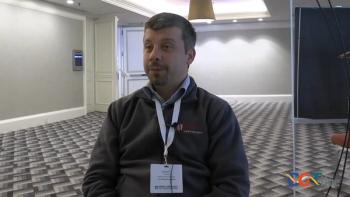
The head of immunology at Turn Biotechnologies discussed preclinical data demonstrating proof-of-concept with the company’s epigenome reprogramming platform.
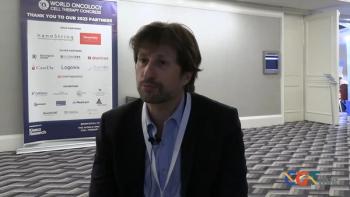
The cofounder and chief executive officer of NKILT Therapeutics discussed new preclinical data presented at WOCTC.
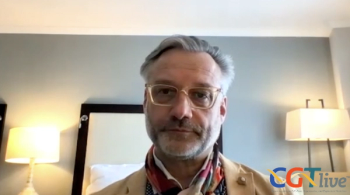
The head of the Department of Ophthalmology at the Center for Medical Genetics, Ghent University Hospital, discussed the main takeaways of a post-marketing study on the gene therapy.
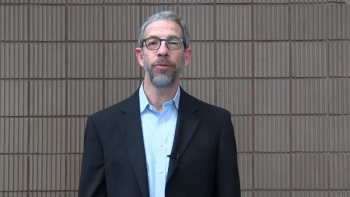
CGTLive's sister publication spoke with Barth, the chief medical officer at Ascidian, about the company’s attempts to develop a new method of administration for gene therapy at ARVO 2023.
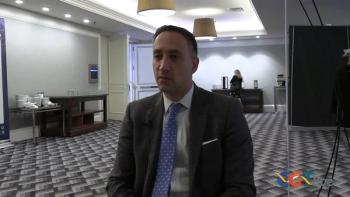
The chief medical officer of Trisalus Life Sciences discussed the company’s PEDD system and SD-101.
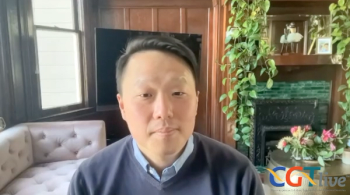
The cofounder and chief scientific officer of Xcell Biosciences discussed the limitations of the methods currently used for modeling in preclinical cell therapy research for solid tumors.
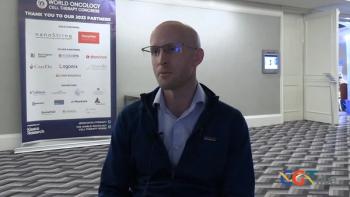
The senior director of immunology at Arsenal Bio discussed advantages of ICTs and the company’s clinical trial in ovarian cancer.
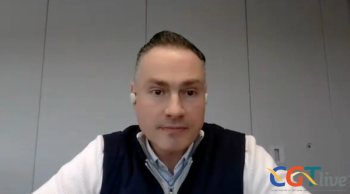
The chief scientific officer of Aurion Biotech discussed the properties of the cell therapy for corneal dystrophies, which was recently approved in Japan.
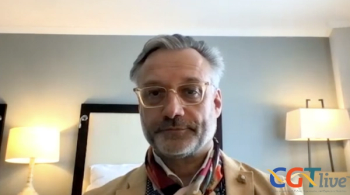
The head of the Department of Ophthalmology at the Center for Medical Genetics, Ghent University Hospital, discussed the results of a post-marketing study presented at ARVO’s 2023 conference.
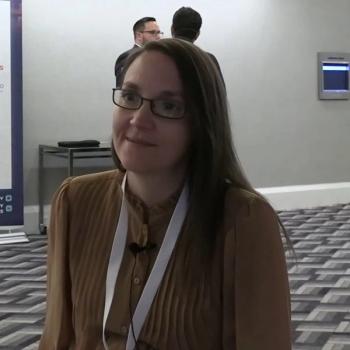
The associate director of research at Lyell Immunopharma discussed the company’s programs and newest technologies aimed at solid tumors.
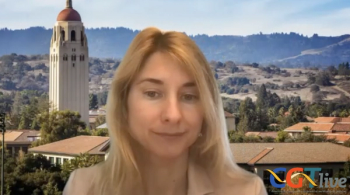
The instructor at Stanford Institutes of Medicine discussed the key takeaways of her research into the factors that affect CAR-T expansion.
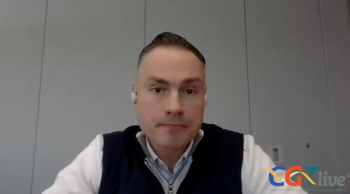
The chief scientific officer of Aurion Biotech discussed the investigational cell therapy AURN001.
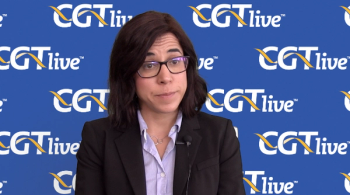
The research scientist at Moffitt Cancer Center discussed the results of the preclinical study she presented at the 2023 AACR annual meeting and avenues for further research.
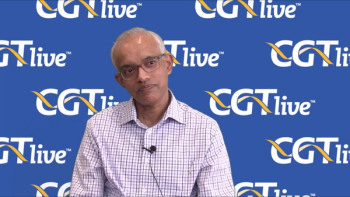
The professor of breast cancer research at Indiana University discussed new research with the TONSL gene from Indiana University.
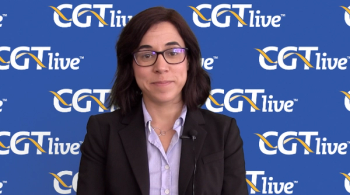
The research scientist at Moffitt Cancer Center shared the rationale behind the preclinical study she presented at the 2023 AACR annual meeting.
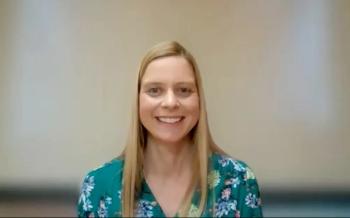
The pediatric clinical pharmacist in stem cell transplant and cellular therapy at the University of Minnesota Masonic Children’s Hospital and M Health Fairview offered an in-depth preview of the upcoming virtual meeting.
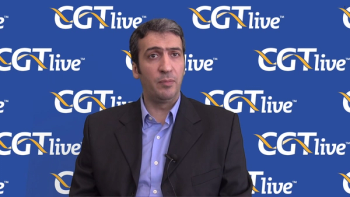
The assistant professor of stem cell transplantation at MD Anderson Cancer Center discussed updated data on ALLO-316 in patients with ccRCC.